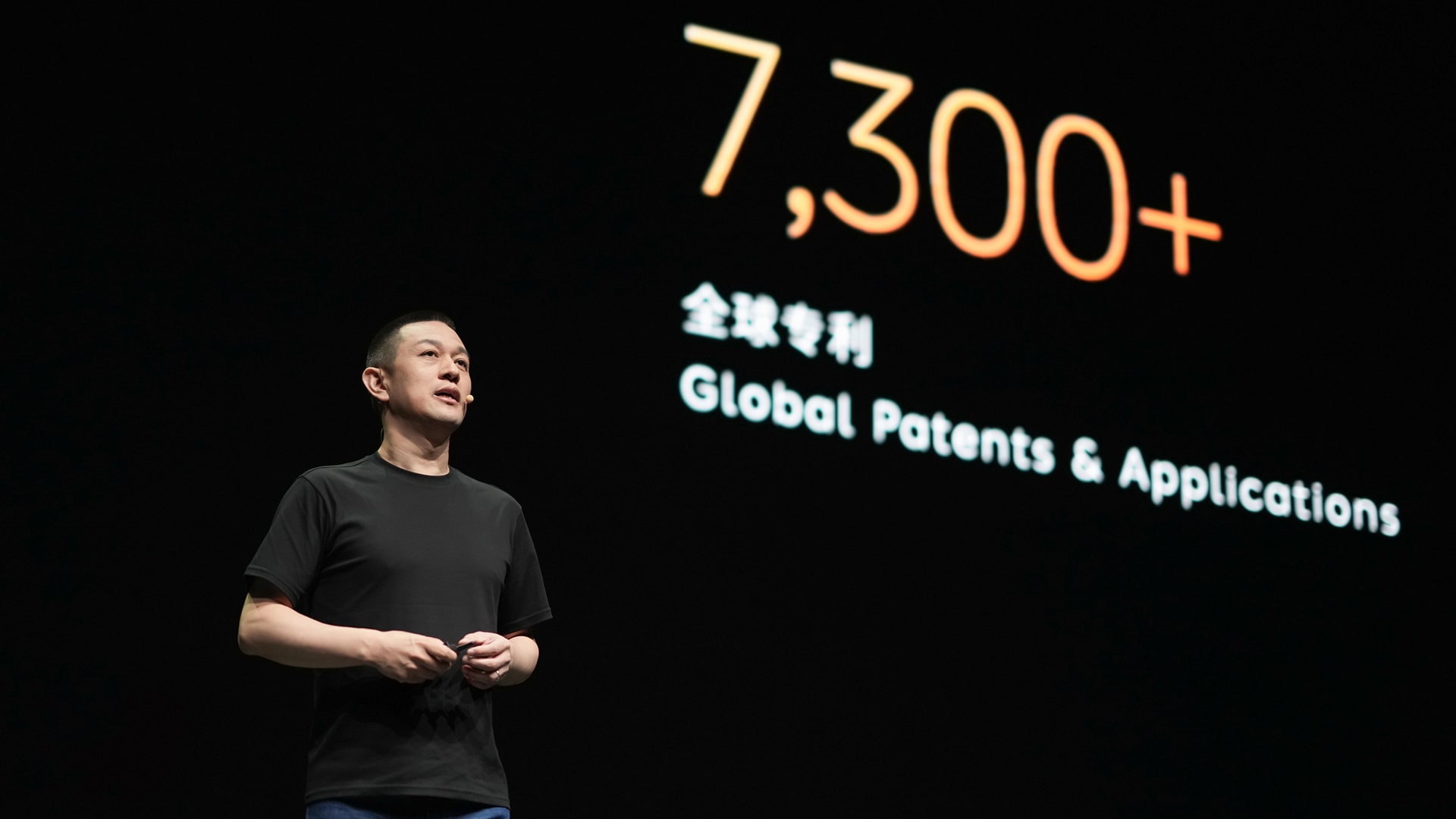On December 18, 2023, Chinese electric vehicle manufacturer Nio announced securing USD 2.2 billion from CYVN Holdings, an investment vehicle based in Abu Dhabi. This move left primary market insiders reflecting on the significance of this investment.
Over the past six months, Nio’s sales have shown signs of improvement, delivering an average of 16,400 new cars per month in H2 2023. However, substantial expenses surpassing competitors have challenged the once resourceful player. To maintain finances, Nio had to reduce expenses by cutting some personnel while securing additional funding.
Before this latest investment, Nio had received around USD 1.1 billion in equity financing in June last year, originating from the same institution (CYVN). Combined with the newly raised USD 2.2 billion, CYVN’s investment is expected to alleviate Nio’s immediate financial concerns while providing sufficient resources for strategic moves in 2024.
Notably, in the second half of 2022, Nio’s balance between income and expenditure shifted, with its quarterly cash and equivalents decreasing by around RMB 6 billion (USD 844 million). Only in Q3 2023 did its cash reserves see a long-awaited increase from rising sales and external financing.
However, these financial triumphs come at a cost. The second injection of funds, twice the size of the first, is reportedly agreed with advantageous investment terms for the Middle Eastern investor. CYVN acquired Nio’s stock at a price of USD 7.5 per share, representing Nio’s lowest stock price for the entirety of 2023.
Liquidating a significant amount of equity at a low share price was considered a calculated move by Nio, providing the company with necessary breathing room to pace its progress for the upcoming year amidst intensifying competition in the automotive industry.
Nevertheless, external financing should not become a dependency for business expansion, as William Li, CEO of Nio, candidly told 36Kr. Li added that he recognized the importance of being aware of risks and market cycles when dealing with the capital market.
However, publicly available information about CYVN, the investor backing Nio, is limited, with Nio being the sole company publicly acknowledged to be part of its portfolio. According to Nio’s announcement, CYVN is majority-owned by the Abu Dhabi government and focuses on investing in smart transportation solutions. While not much information has been provided, CYVN’s investment is likely aimed at extending existing business collaborations and potentially advancing further cooperation in related areas.
USD 7.5—the price CYVN paid for each Nio share—can be considered a “floor price.” Yet, considering the recent decline in the stock prices of new energy vehicle companies, this price can be deemed fair, especially for an investment of such scale.
It’s easy to infer that Nio’s series of changes and business advancements over the past six months, including a rebound in terminal sales, cost reduction through supply chain optimization, collaboration with partners for battery swapping, and obtaining independent manufacturing qualifications, have boosted confidence for the Abu Dhabi-based institution.
According to 36Kr sources, Nio is planning to enter the Middle Eastern market. An insider close to Nio said that the company’s Firefly project has been in development from the start with an eye on exporting to the Middle East. Nio is also expected to launch related models under its primary brand in the future.
The Middle East is an attractive export market. Li Auto is also planning to enter the market and has been in contact with local investment institutions. Noteworthily, selling vehicles to the Middle East involves more than just shipping and transportation—establishing a system for sales, servicing, recharging, and other miscellaneous areas is also necessary to garner the interest of local stakeholders and authorities.
According to Nio’s announcement, after this investment, CYVN’s stake in Nio will increase from 7% to 20.1%, and once its stake exceeds 15%, it can nominate two individuals to join the company’s board. In relation, Li’s stake will decrease from 9.3% to 7.9%, with analysts suggesting that this could lead to a decrease in Li and the original management’s control over the company. However, in a response by Li, he stated that he holds super-voting rights and therefore will experience minimal changes in voting power.
Apart from Li, Nio’s board currently consists of six other members, including president Qin Lihong and investor Wu Hai. Li is the sole board member holding Class C shares, enjoying eight times the typical voting rights. Based on Nio’s mid-2023 report, Li held around 10% of the company’s shares at that time but had 44.1% of the voting rights.
Having raised another gargantuan sum of funding, Li has seemingly won the financing battle once again. For Nio, which has gradually stabilized its sales and streamlined operations to enhance efficiency, this capital injection will offer additional resources for its teams to continue their projects with peace of mind. And while Nio has reduced manpower in various departments, Li remains steadfast in investing in the company’s core business and technology, including key areas such as autonomous driving and chip technology.
According to 36Kr, Nio’s future product planning is relatively streamlined, while development remains underway for its two sub-brands and platform technology. Li believes that Nio’s brand can only hold its own in the market if the company is capable of mastering its core technology. “If the technology is not leading, not original, it’s embarrassing to call ourselves a high-end brand,” Li told 36Kr.
Despite postponing several long-term projects like in-house battery production, Nio’s business landscape remains vast. Nonetheless, the company’s situation may not be as optimistic as it seems. To sustain its growth, Nio’s backend operations such as sales and marketing continue to require financial support. Meanwhile, its R&D expenses remain substantial, exceeding RMB 3 billion (USD 422 million) in Q3 2023, while sales expenses reached RMB 3.6 billion (USD 506.4 million) in the same period.

If Nio’s sales do not further stabilize soon, cash flow may become a major challenge. Although the company had RMB 45.2 billion (USD 6.3 billion) in cash at the end of the third quarter last year, RMB 13.7 billion (USD 1.9 billion) more than the previous quarter, much of it came from debt financing and delayed upstream payments. Notably, Nio’s long-term borrowing increased by RMB 5.6 billion (USD 787.7 million), and its trade payables and notes payables increased by RMB 8.9 billion (USD 1.25 billion) compared to the preceding quarter.
The injection of a substantial amount of fresh capital, even for an organization with 20,000–30,000 employees, will provide ample room for maneuvering. Previously, when Nio received RMB 7 billion (USD 984.6 million) in funding support from the Hefei government, its team comprised around 10,000 people.
As it strives to regain strength, Nio must avoid falling into the trap of irrational expansion once again. As commented by an observer who has been monitoring Nio, Li’s financing ability is undoubtedly strong, but Nio must work on its fundamentals too.
In backend operations, Nio has shifted its focus to selling cars and expanding its channels to improve sales capabilities. Frontline sales staff are already feeling the pressure accordingly. In some areas of the Yangtze River Delta metropolitan area, discount levels offered by Nio were expanded in December to spur terminal sales. Some stores in this area even required staff to work until December 27, with no leave allowed before that date.
In terms of project development, Li is focusing on improving management granularity, evaluating project situations in greater detail, setting more specific assessment goals, and making adjustments to projects that can’t contribute to the gross margin or do not turn a profit within three years.
As Li once mentioned, building cars is akin to a marathon on a muddy road. Even with abundant resources, meticulous planning, rational decision-making, adjusting the pace, and finding the right rhythm are nonetheless essential to running the long race. Even for Li, with formidable financing capabilities, the recent deal has diluted the company’s equity and relinquished some of its board positions, increasing the future cost of seeking any further external funding in the future.
KrASIA Connection features translated and adapted content that was originally published by 36Kr. This article was written by Peng Suping for 36Kr.

